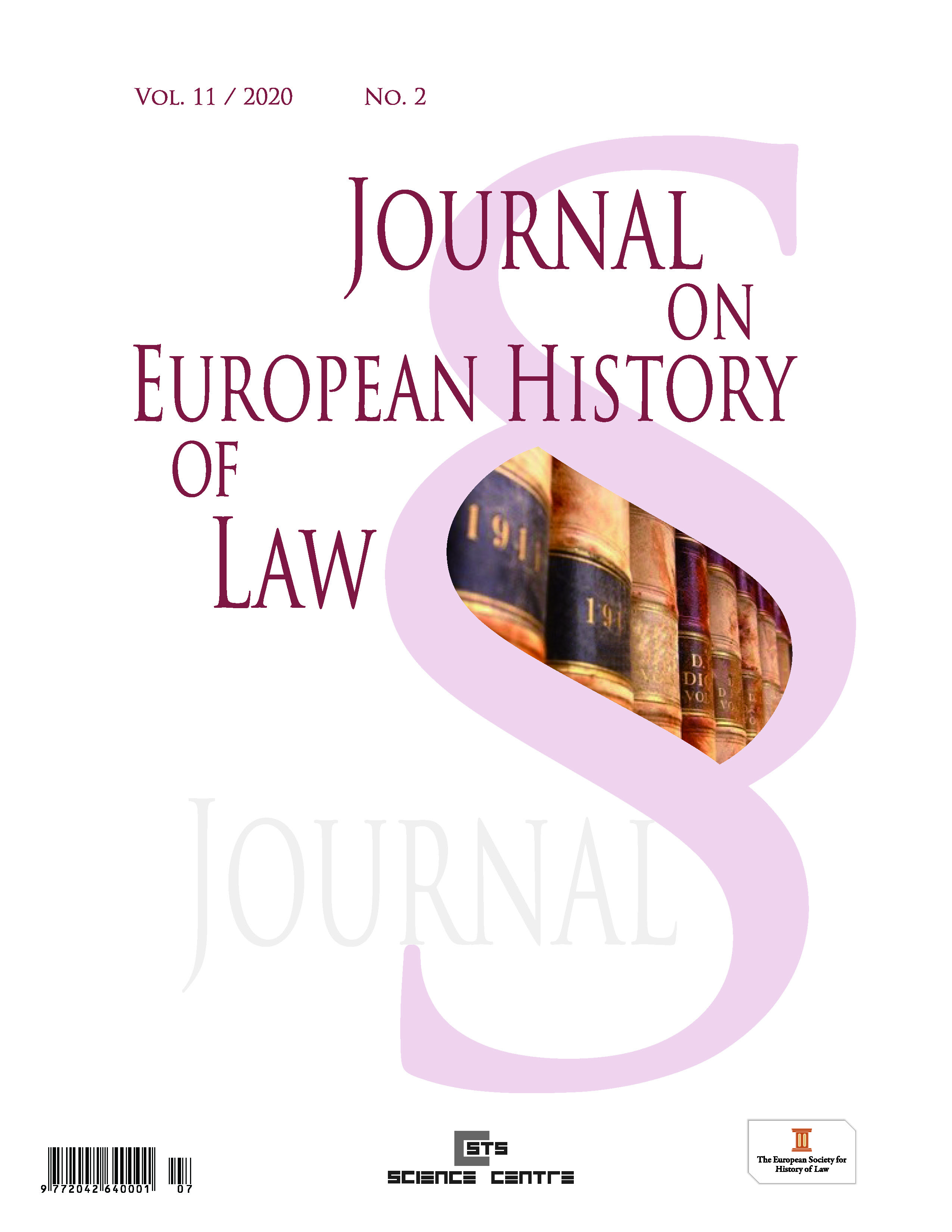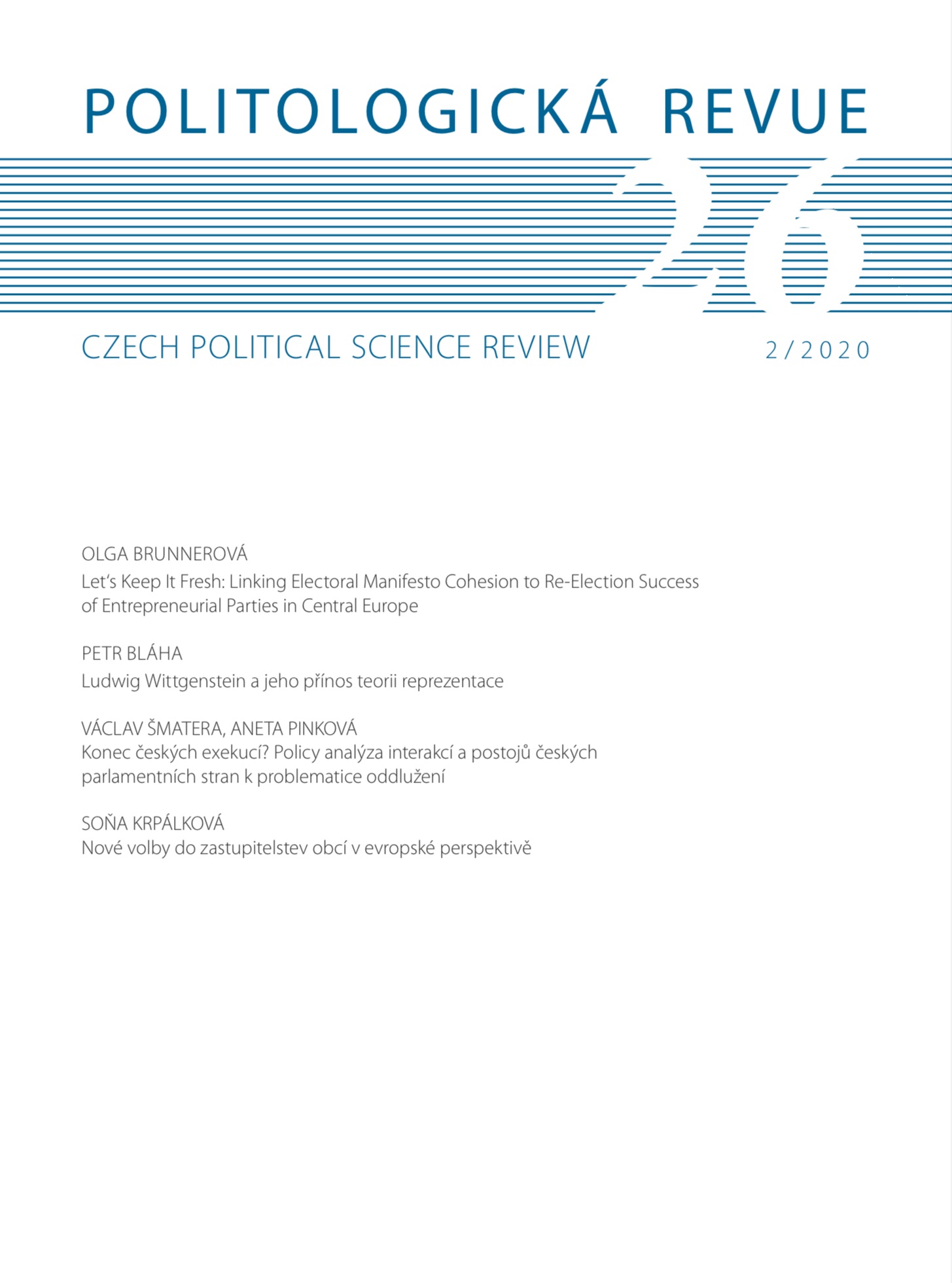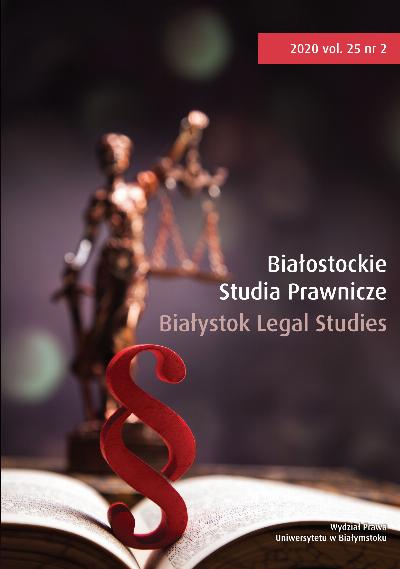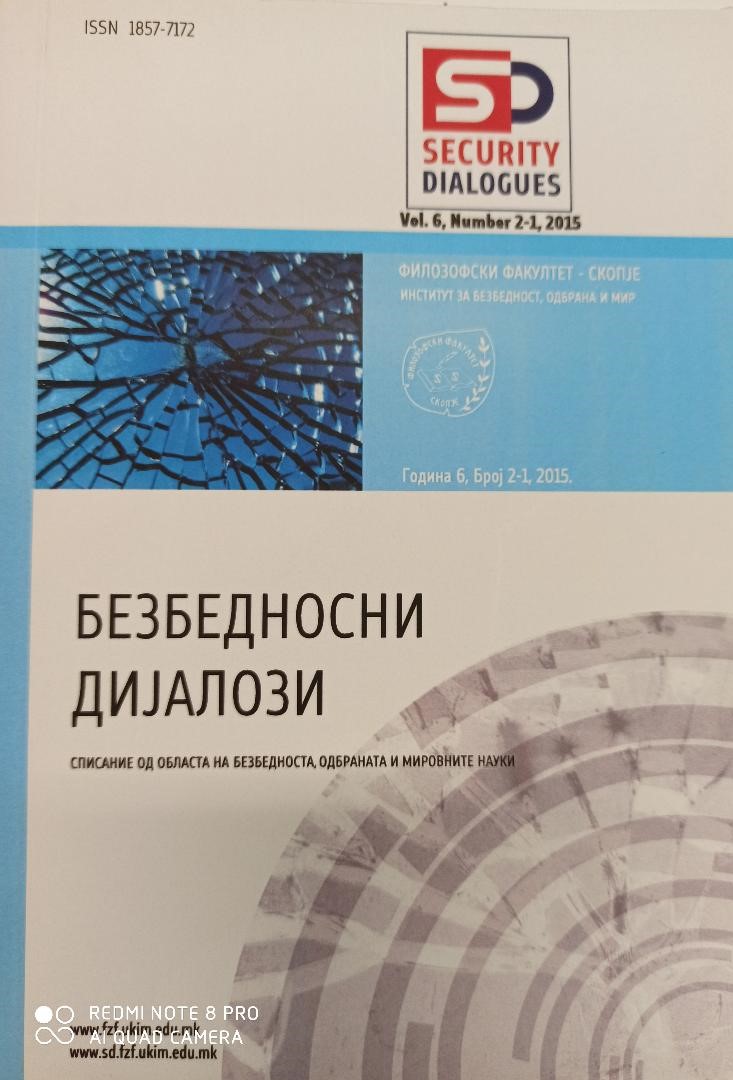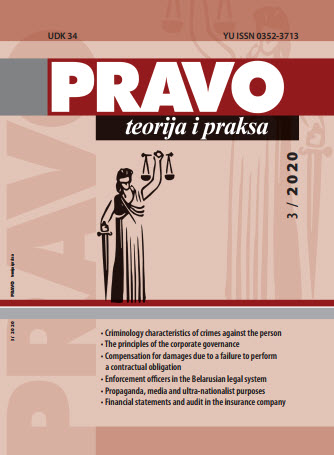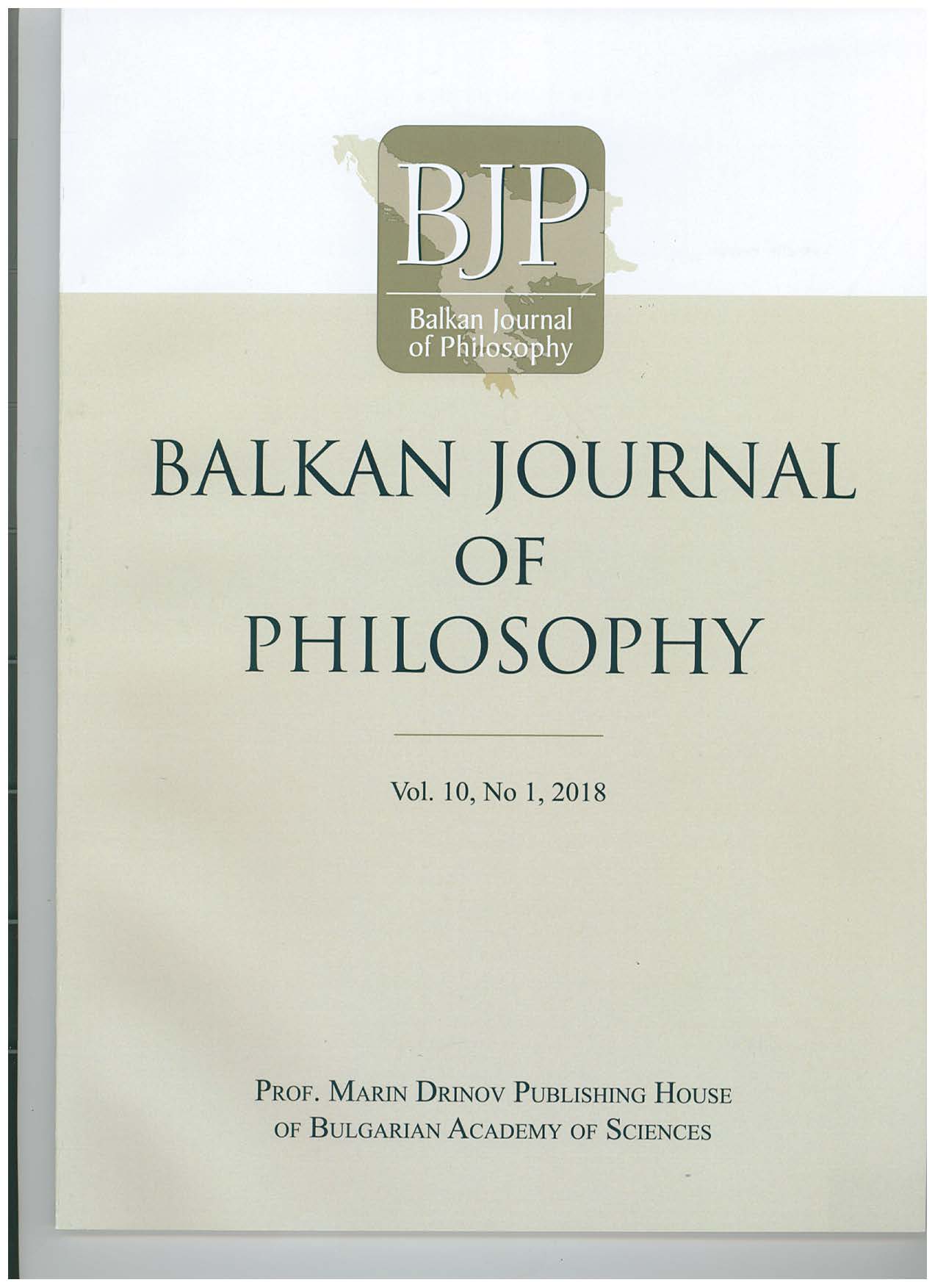
Intellectual Disability, Brain Damage, and Group-to-Individual Inferences: How the U.S. Court System Uses Neuroscience Data
In this essay, I home in on the difficulties with group-to-individual (G2i) inferences in neuroscience and how they impact the legal system. I briefly outline how cognitive shortcutting can distort legal decisions, and then turn my attention to G2i inferences, with a special focus on issues of intellectual disability and brain damage. I argue that judges and juries are not situated to appreciate the nuances in brain data and that they are required to make clinical decisions without clinical training. As a result, they effectively ignore those responsibilities and simply decide cases in virtue of what they already believe to be true. How judges actually make decisions in high-stakes criminal cases is troubling, but they are also hamstrung in a variety of ways.
More...
